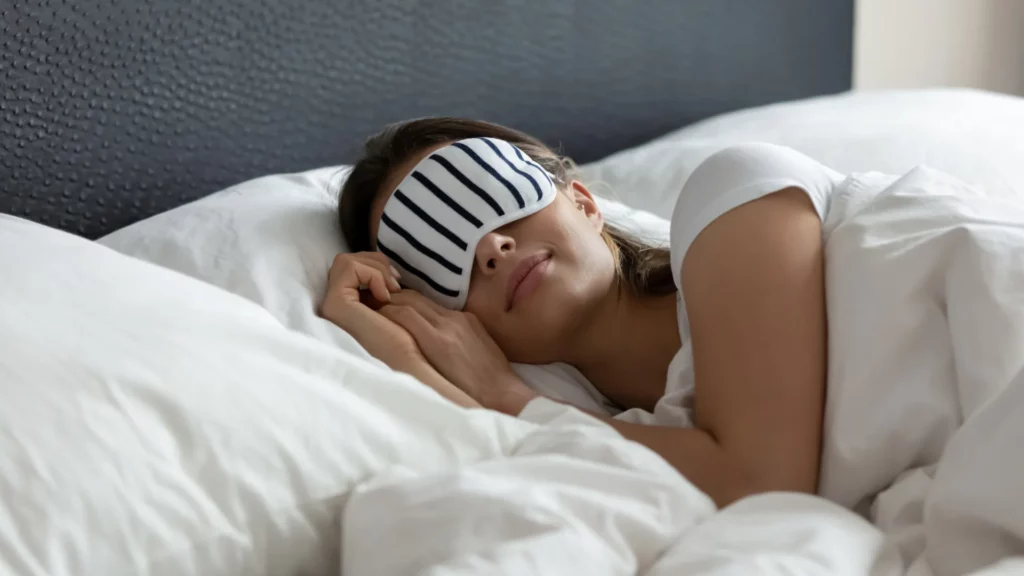One in three suffer from poor sleep, with stress, computers and taking work home often blamed. One bad night’s sleep leaves you feeling grumpy, tired and unable to focus. Do it regularly, and it puts you at risk of serious medical conditions, including obesity, heart disease and diabetes.
Sleep and pain
Lack of sleep can also cause inflammation in the body. In turn, this can result in muscle aches and pains and exacerbate chronic pain and inflammatory conditions such as arthritis. Plus, one of the most important predictors for pain intensity is the number of hours slept the night before. Bottom line: if you sleep poorly, your pain will be worse the next day.
The benefits of a good night’s sleep
Don’t worry though, because just as poor sleep has a negative impact, regularly getting good quality sleep brings benefits too:
Sleep can boost your immunity – Lack of sleep for a long time can affect your immune system, so get a good night’s sleep regularly to give it a boost.
Sleep boosts mental wellbeing – Research shows links between lack of sleep and depression and anxiety. A survey of those suffering with depression and anxiety discovered most slept for less than 6 hours per night.
Sleep wards off heart disease – Sleep deprivation on a long-term basis is linked to increased heart rate and blood pressure as well as higher levels of some chemicals linked with inflammation. All of which can put extra strain on the heart.
Sleep can slim you – Sleeping for less than 7 hours a day can affect your weight, with studies showing those who sleep less than 7 hours a day have a higher risk of becoming obese. This is believed to be because with sleep deprivation comes reduced levels of leptin (the hormone that tells your brain when you’re full) and increased levels of ghrelin (an appetite-increasing hormone).
How to get a good night’s sleep
So, getting good quality sleep on a regular basis is important for good health, but how do you do it? To learn how to not only fall asleep quickly, but also stay asleep longer, check out this short video. In it, sleep scientist Matt Walker shares tips on how you can set the stage for a better night’s rest.
For more talks and useful information about sleeping and the importance of sleep, see www.ted.com/topics/sleep.
